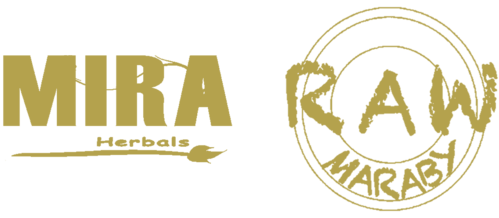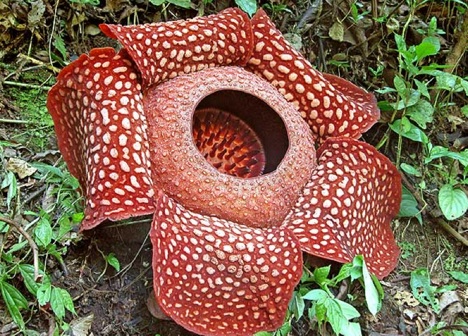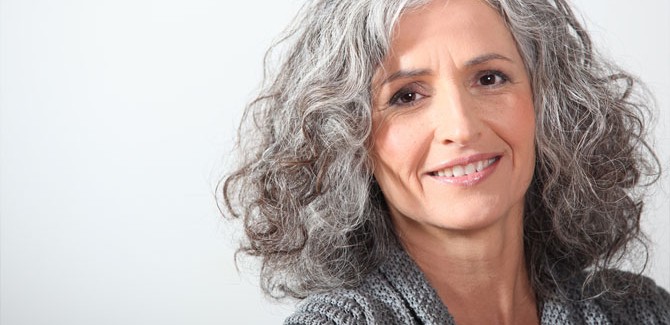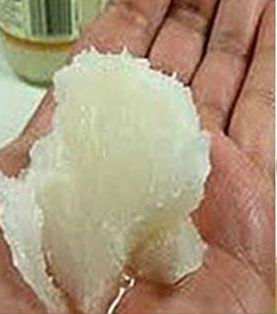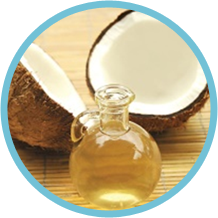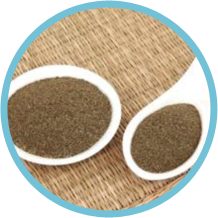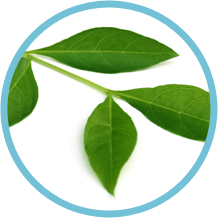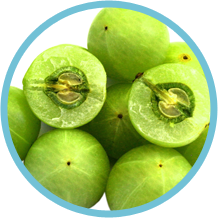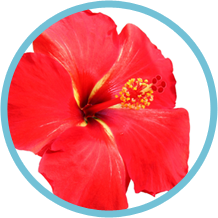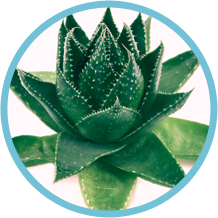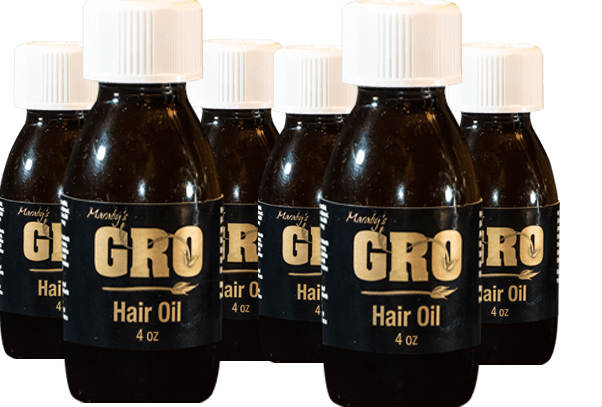Hair loss and thinning hair have become an epidemic. There are over 51 million people who have hair loss in North America alone and the number grows by the day.
And whiles the majority of hair loss happens to men, females too are also experiencing hair loss at a growing rate, this is especially true because of the use of hair products and treatments like hair coloring, curling irons, shampoos, gels and straightening treatments which tend to expose the hair to harsh chemicals and other conditions that can potentially cause long term damage.
And whiles it is true that some hair loss maybe caused by genetic and medical conditions like thyroid issues or pregnancy , the majority of hair loss can be managed with the right remedies .
So rather than using harsh chemicals or hair transplants to try to regrow hair, why not give the following herbs a fair try.
They are safer, cheaper, gentler and natural. Here are the top 6 natural herbs known to help hair growth. (These are based on modern research and studies cited below).
Coconut oil-The tree of life.
Coconut oil is often called the tree of life thanks to its powerful antioxidants and ability to heal wounds and nurture the body and hair to good health.
A study published in the Journal of Pharmacology [2] showed that it helped heal burn wounds faster.
But when it comes to improving one’s hair, coconut oil is the best because it is the only oil that seeps into the hair cuticle and binds with the hair protein, making the hair stronger and less likely to break. It also has high fatty acid levels, which facilitates joining or attracting hair proteins to moisten and hydrate the hair cuticle; this allows the hair to retain its strength so it won’t break.
Eclipta Alba – the king of hair
The next herb is Eclipta Alba, also known bhringaraja, which translates to “the king of hair.” According to the book Herbal Ayurveda, Eclipta Alba is believed to not only stop and reverse premature greying, but also premature baldness.
Bhringaraja is best known in Ayurveda (Traditional science) for its benefits to the head, which also include strengthening teeth, improving hearing, clearing sinuses, and reducing dizziness and vertigo. Eclipta Alba rules supreme when it comes to hair growth.
It beat Minoxidil in a hair growth study published in the Archives of Dermatological Research August 2008[3]The study showed that the time required for completion of hair growth was reduced by half compared to the control group using Minoxidil (medicinal hair growth treatment).
There were also a greater number of hair follicles in the group that received the Eclipta Alba extract. This means bhringaraja, or Eclipta Alba was able to grow hair even faster than Minoxidil without the side effects.
Henna
Henna (scientific name Lawsonia inermis) is truly a wonder herb for hair. It has been used for thousands of years in Asia to grow beautiful hair.
Here is what it does: It makes hair shinier and stronger. It also makes hair less prone to breakage and splitting. It improves the quality and health of hair as well. Henna can return hair to a healthy and youthful shine and glow[4]
Amla’s scientific name is Phyllanthus emblica. it is a gift if one has premature greying, This fruit is packed full of vitamin C and antioxidants. 100 mg of Amla is the equivalent of eating 30 oranges. A study done by the University of Bradford in London [5] showed there is a cell in hair follicles that is responsible for aging or greying.
It is called melanocyte, and when you age or expose your hair to commercial hair products and the environment, these cells die and eventually run out. The result is grey hair. Amla kills free radicals that damage this “ANTIAGING” cell.
Amla has also been shown to increase cell proliferation[5] and induces procollagen production, which may make it useful for healthy hair growth.[6]
Hibiscus Rosa-Sinensis Linn – Grow your hair faster with hibiscus
Hibiscus is a truly powerful plant for hair. In one landmark study [7], the leaves and flowers of Hibiscus rosa-sinensis were extracted and tested on subjects.
The group on which the leaves of hibiscus were used grew hair 30.7% faster, and the hair was thicker. It therefore has a powerful effect on hair growth.
Quite simply, red hibiscus leaves extended the length of the hair growth phase of the hair growth cycle. [7]
Aloe Vera
Aloe Vera is also known as Aloe barbadensis. It is a hair rejuvenator. It also has the right pH levels that will leave hair manageable and healthy.
In a study [9] Aloe Vera was shown to help stop hair loss, thanks in part to its pH levels. It has a pH level of 6, making it close to the pH of skin,
This allows it to penetrate the scalp, help revitalize the hair bulb, and help strengthen and promote its regrowth. In this way, hair loss can be repressed and atopped. [10]
So How Does One Make Use Of These Herbs?
You need to find each individual plant (except coconut oil) and then mash it into a paste. Once mashed it should be boiled for 1 hour then allowed to cool.
Let the mixture sit for a few hours until cool then apply it on the scalp and allow it to sit for at least an hour then wash out when ready. Use it 1-2 times a week for best results.
Do Hair Oils Work?
Herbal hair oils can grow hair if the right herbs are used in the right combinations. (This part is crucial)
There is a study published in the December issue of the Journal Of Ancient Science of Life. 2012 Dec; 32.
This study researched the ability of herbal hair oils to grow hair. This study “revealed that 8 of the 15 patients with patchy progressive hair loss stabilized and showed no additional hair loss. After 3-5 months of treatment hair growth in these patients were partial or full…”
Get All The Beauty Effects Of All These Herbs In One Bottle
Want to make use of all these herbs all in one bottle?
Well you don’t have to find each herb separately and go through all the mess, expense and inconvenience of extracting the herbs correctly yourself. You can get all these herbs and in all the right concentrations done for you in a product GRO hair oil.
Each herb and flower in GRO hair oi™ is extracted using scientific methods. And the exact and precise concentrations are used in line with the studies cited above.
For instance it takes 60000 flowers to make one kg of hibiscus extract. As such it is very expensive to make. Each extract is then mixed together and combined with coconut oil and then heated at a precise temperature. This makes a hair serum so concentrated and so potent it strengthens hair at the root level and saves hair.
GRO Hair Oil™ also contains 11 additional rare and handpicked hair growing herbs such as: Coconut oil, , Eclipta Prostrata , Asiasari Radix , Sophora flavescens ,Ocimum gratissimum , Ginkgo Biloba , Rosmarinus officinalis , citrullus colocynthis , Trigeonella and grape seed oil.
GRO Hair Oil™ normally sells for $49.99 but the manufactures in an attempt to get maximum market exposure are offering GRO Hair Oil™ for just $39.99.(A 2 month supply). Plus shipping is FREE (so you save another $8.95 on shipping)
Grab a bottle of this amazing oil by clicking the link below.
Research Studies Cited
[2] Burn wound healing property of Cocos nucifera: An appraisal Indian J Pharmacol. 2008 Aug; 40(4):
[3]Hair growth promoting activity of Eclipta alba in male albino rats. Arch Dermatol Res. 2008 Aug;300(7):357-64. doi: 10.1007/s00403-008-0860-3. Epub 2008 May 14.
Encyclopedia of India Medicinal Plants. Springer-verlag Berlin Heidel berg, New York, 2004:450 by Khare CP.
[4]Study of colouring effect of herbal hair formulations on graying hair Pharmacognosy Res. 2015 Jul-Sep; 7(3): 259–262.
[5]Emblica (Phyllanthus emblica Linn.) Fruit Extract Promotes Proliferation in Dermal Papilla Cells of Human Hair Follicle Research Journal of Medicinal Plants Year: 2011 | Volume: 5 | Issue: 1 | Page No.: 95-100
[6]5α-reductase inhibition and hair growth promotion of some Thai plants traditionally used for hair treatment.J Ethnopharmacol. 2012 Feb 15;139(3):765-71. doi: 10.1016/j.jep.2011.12.010. Epub 2011 Dec [6]
[7] “In vivo and in vitro evaluation of hair growth potential of Hibiscus rosa-sinensis Linn” published by the Journal of Ethnopharmacol. (2003 Oct; 88(2-3):235-9)
[8]ALOE VERA: A SHORT REVIEW Indian J Dermatol. 2008; 53(4): 163–166. https://www.ncbi.nlm.nih.gov/pubmed/22178180
[9], published in the International Journal of Medicine Arom. Plants, Vol.1, No. 3, pp.338 -341 December 2011 [9]
[10]This is according to Bassetti and SaIa (2005) (The Great Aloe Book, first ed., La Grafica s.r.l. Publication, pp. 45, 72, 74-77.)
© Copyrights. All right reserved.
